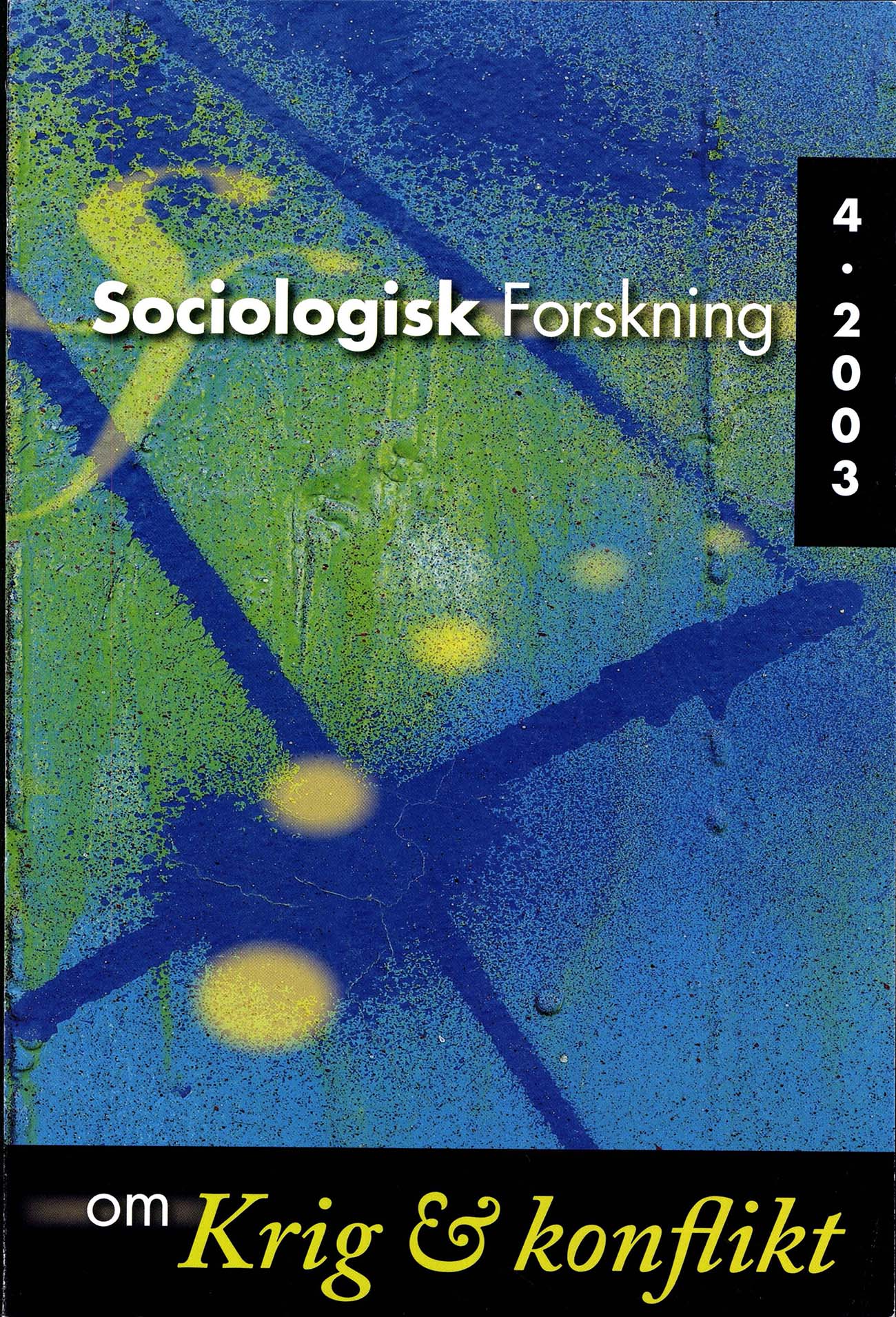Klasspolitik och "nypolitik" under knapphet och globalisering:
Åtstramning av välfärdsstater i 18 länder 1975-1995
DOI:
https://doi.org/10.37062/sf.40.19423Abstract
The relevance of socio-economic class and of class-related parties for policy making is a recurring issue in the social sciences. The “new politics” perspective holds that in the present era of austerity, class-based parties once driving welfare state expansion, have been superseded by powerful new interest groups of welfare state benefit recipients able to largely resist retrenchment pressures emanating from post-industrial forces.
We argue that retrenchment can fruitfully be analyzed as distributive conflict involving a remaking of the early postwar social contract based on the full employment welfare state, a conflict in which partisan politics and welfare state institutions are likely to matter. Pointing to problems of conceptualization and measurement of the dependent variable in previous research, we bring in new data on the extent of retrenchment in social rights and show that significant retrenchment has taken place in several countries. Our analyses demonstrate that partisan politics remains significant for these kinds of reversed changes, even when we take account of contextual factors, such as constitutional structures, economic factors and globalization.
Downloads
Published
How to Cite
Issue
Section
License
All content in Sociologisk Forskning is published with immediate open access, under the Creative Commons license CC BY-NC-ND 4.0.
All content may be read, downloaded, shared and printed for non-commercial purposes, free and without fees. Contents may not be altered. When content is reused, author, source and a link to the copyright licence must be provided. The author retains copyright to their content. No publication fees are charged.





